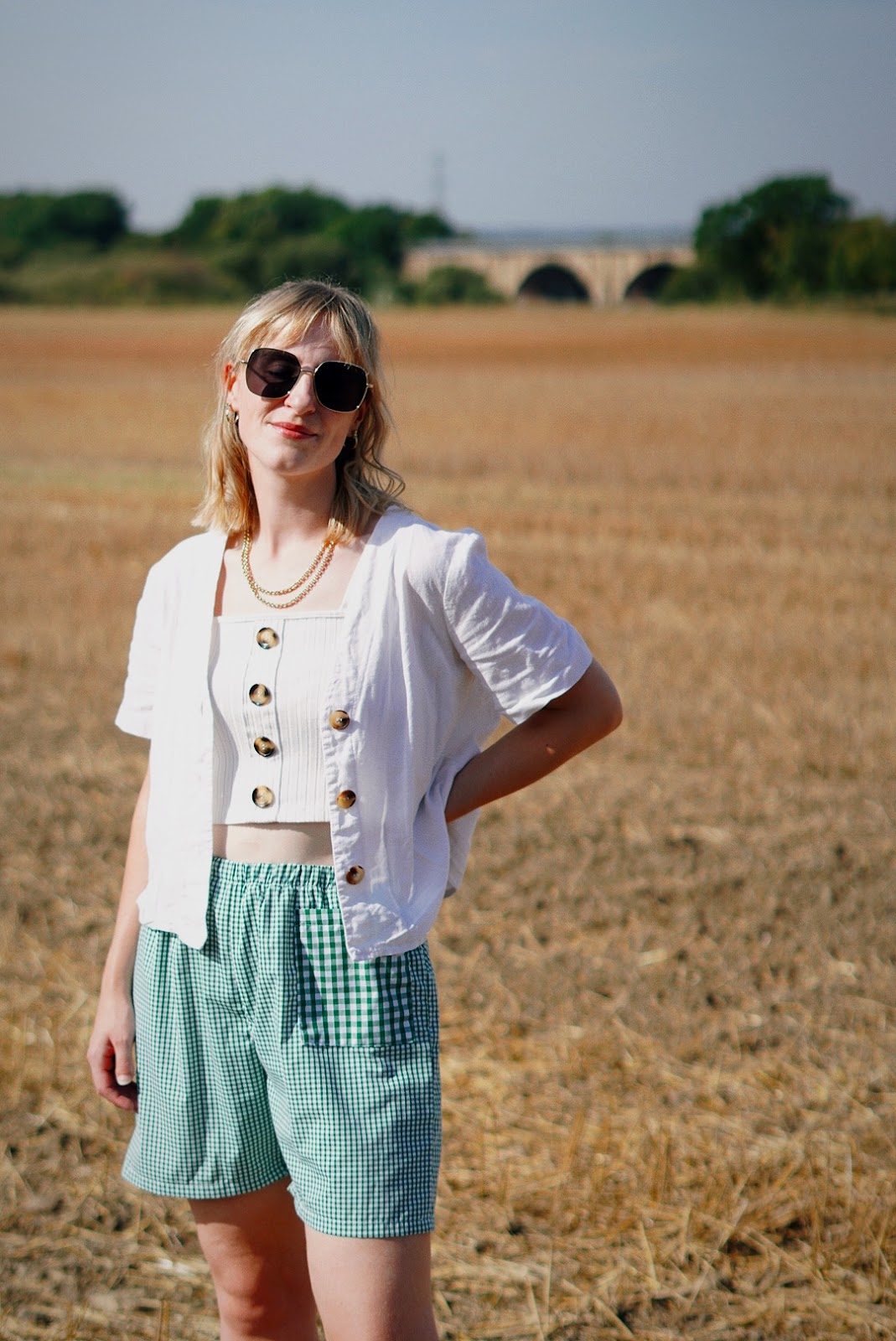This is a sponsored post.
When I first looked into starting my own small business I knew I wanted it to be as sustainable and eco-friendly as possible (in an ideal world I'd like to say fully sustainable, but I don't think any of us can claim to be so). It turns out there's A LOT more to consider than you'd first think; the actual products/service are only the first hurdle.
So if you're thinking of starting your own eco-friendly business (or even just making your current business more so), here are a few things you might want to consider:
SUPPLIERS // If your products are eco-friendly then you'd hope your suppliers would be too, although it's always good to do your research so you know exactly where your products come from and who made them. It's really important for you to know as much about your products as possible so you can be transparent about the sustainability of your business (you can't really claim to be a sustainable business if you're not 100% sure you are can you?)
But making sure your product suppliers are sustainable goes beyond the products you're selling; what about where you buy your packaging from, who makes your business cards or any other little bits you need to source to make your business work? Luckily, with a bit of searching, sustainable suppliers are out there; look out for those who include a sustainability page on their site as it shows it's something that's important to them (plus it should tell you their practices without you having to ask!)
PACKAGING // If you want to be eco-friendly then recyclable and/or reusable packaging is a must (and if possible not plastic, as although you can get recyclable plastic packaging it's still not great). We use kraft paper bags from Lil Packaging, who also do fab custom postal packaging options that we'll be looking at once we can invest a little more in our packaging and the like.
CARBON OFFSETTING // This isn't something our business currently does, but is definitely something I'd like to look into for the future. Carbon offsetting basically means you invest back into sustainable projects such as tree planting in order to offset the carbon emissions made by your purchase. This cost can either be taken on by the business or added to the purchase itself (this can also be made voluntary so people can choose whether or not to offset their purchase).
DELIVERY // Luckily for our small business a lot of our sales are local, which means we're able to deliver parcels ourselves, hugely cutting down on the emissions created by parcels going through the postage system. If you can do that then that's great, but obviously it isn't always possible and at the moment we use Royal Mail for the rest of our deliveries, while researching the greenest option. A lot of delivery companies are working towards becoming greener; currently DPD seems to be the most eco-friendly option with the largest fleet of electric vehicles and a carbon offsetting programme in place.
Do you have your own small business? What do you do to make it more eco-friendly?
Amy x


I love this and think it's great how so many businesses are trying to be more eco friendly. I think it's such a shame that it comes with an extra cost! I can see how it can be off putting to brands. I saw a product not long ago that was an extra £7 for eco friendly packaging!
ReplyDeleteCorinne x
www.skinnedcartree.com
Thank you! Yeah it's so much more expensive! Hopefully it will even out and become the norm! x
Delete